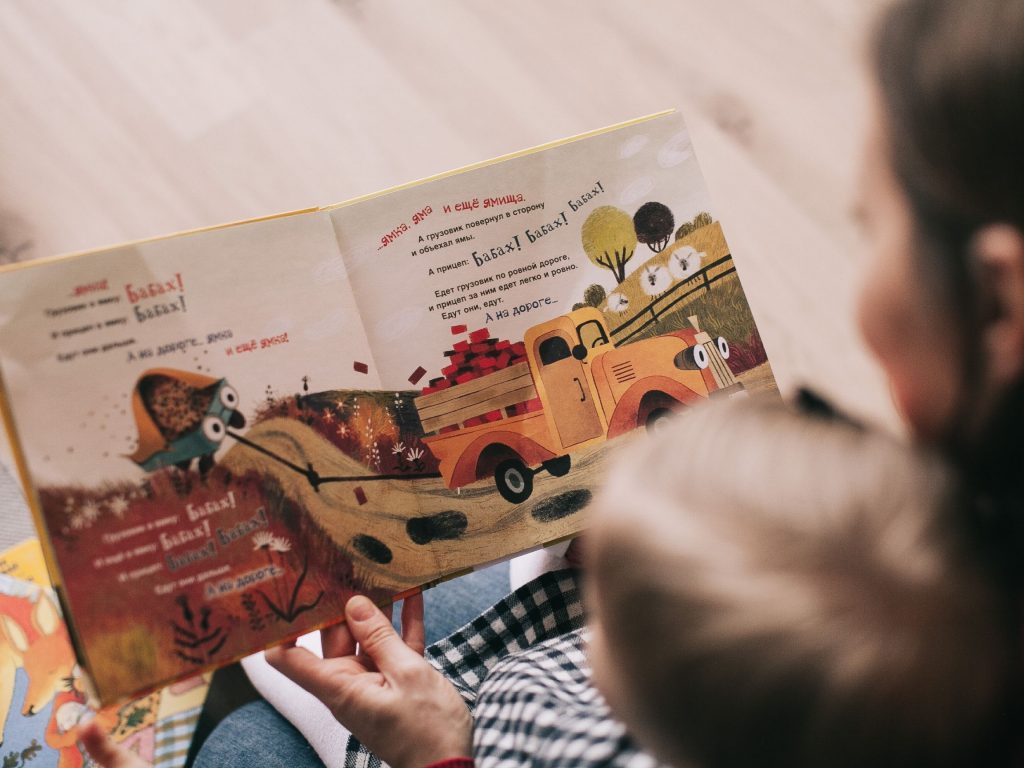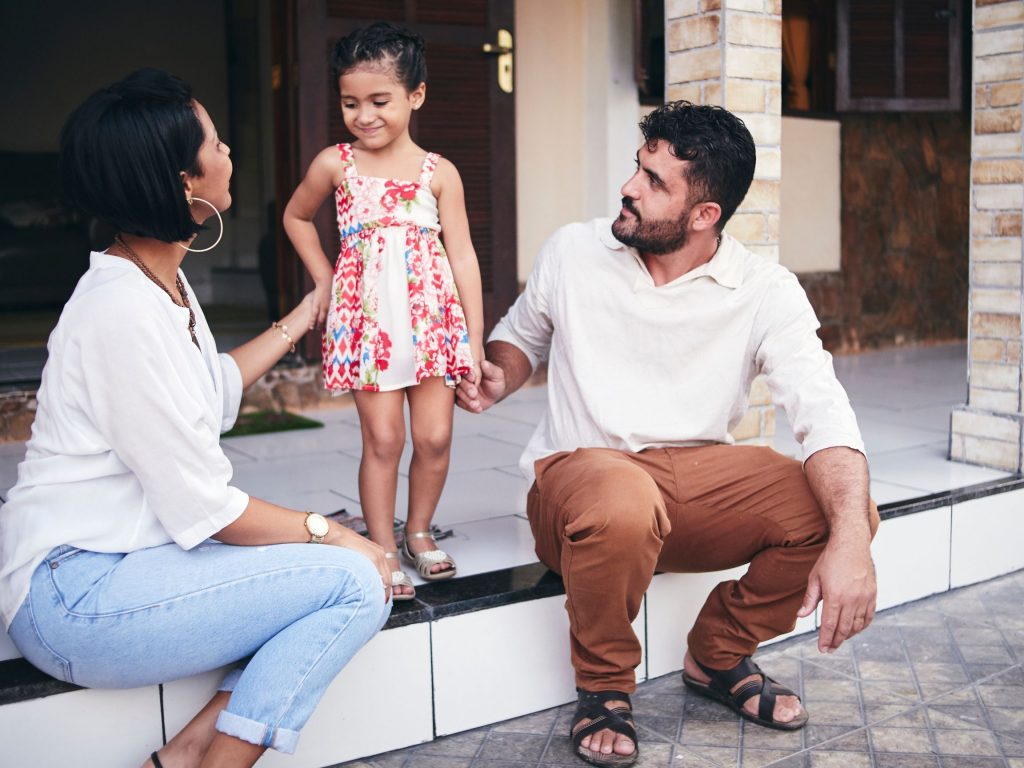Fears are a normal part of childhood—and thus are learning to get over them. Few children are scared of the dark while others believe that there are giants under the bed and some shouts when they find an insect on the pavement.

Before you begin to panic that these perplexing fears indicate there is something incorrect with your child, understand that these fears are completely usual part of their growth. Ultimately, learning to handle fear is an essential life lesson. Usually, these fears are not completely sensible but what they are feeling, along with their physiological response to it, is very genuine indeed.

Take comfort in the fact your kid will grow out of these fears. Here are a few things you can do to make the evolution just that little bit easier for your little one:
Introduce role models

The fears of children are common and for this reason, there is a range of resources out there to help you in teaching your kid how to deal with them. Search for age-appropriate children’s films, toys, and books with characters that help in overcoming fears and being brave.
Be patient

Do not force your child to deal with their fears before they are ready. Keep in mind; while the fear might be puzzling to you, it is still very real to them. Rather, be patient, sympathetic and let them confront their fears at their own pace. You can talk to them through the emotion they are feeling in a comforting and calm manner.
Give them control
Fear can be a direct response to feeling helpless and physically threatened. Children who are frightened of the bathroom, for instance, are worried they will be flushed down; kids who are frightened of the monster under the bed are feeling at risk on their own in the dark.

Offering your child an aspect of control in the management of their panic will help them feel safe and sound. For instance, if they are frightened of burglars in the night, make locking and shutting their bedroom window one of their night-time tasks.
Answer their questions

Even though childhood fears are typically based on exaggerated or imaginary perceptions, that does not mean they are not very real to your kid. Discuss with them about their fears and try and understand where they are coming from.

Motivate your child to ask you any questions they like and do your best to answer them in simple, age-appropriate ways. If you do not know all the answers, research them together online or at the library.
Motivate and applaud

Ignoring your child’s fears or laughing at them will attain nothing optimistic. Ignoring or belittling your kid may compel them to internalise their fear instead of dealing with it and also shatter their belief in you.

Rather, talk to your child about their fears, assure them that you are there for them and persuade them to deal with their fears in their way – and in their time. It is also vital to praise their efforts when they do something out of their comfort zone. It will go a long way towards building their self-confidence and overcoming their fears.
However, if your child’s fears appear like they may be something more severe, consult with a doctor to see if more assistance is needed.
